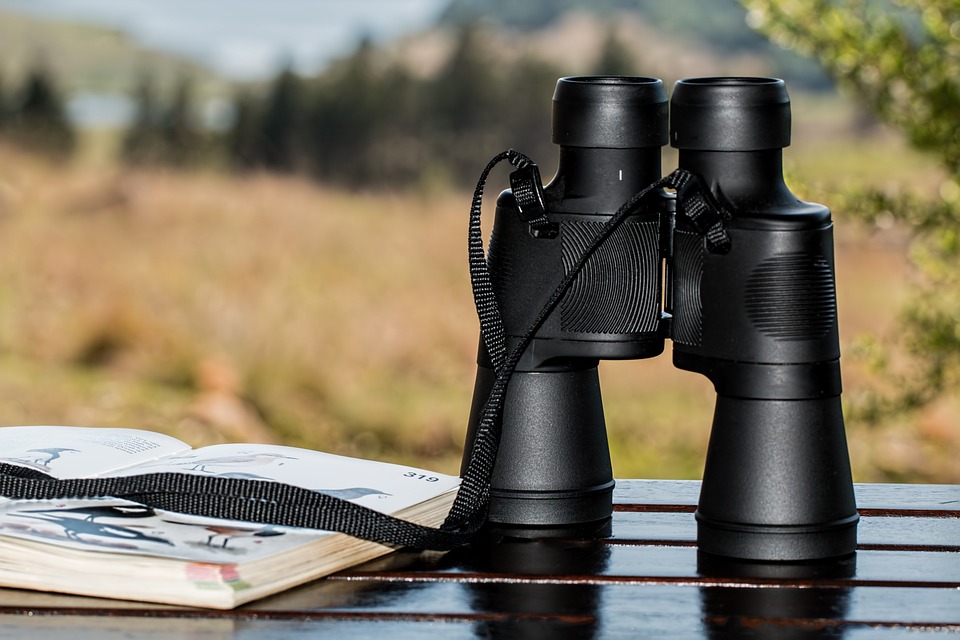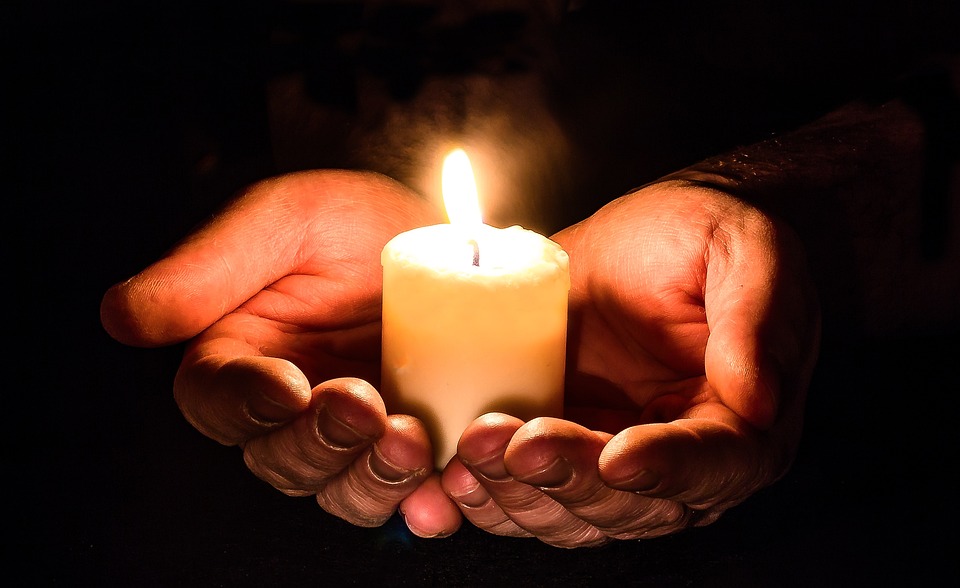I don’t vividly remember the first time I heard this song.
All I remember was when its message came home to me.
My acclimation to the power of Ruins was actually relatively gradual. I kept hearing it because I kept listening to the EP it is featured on. I had run across Ledger’s music recently, and people kept talking about Ruins being their favorite song on the EP. I vaguely remember being disappointed and thinking that it was about a breakup. I guess I hadn’t really been listening to the lyrics.
Just stay there for a minute
And just don’t move any closer, move closer

I just don’t know if I can take it
It feels like overexposure; move closer
Brick by brick and scar by scar
It’s taken me years to put up these guards
I don’t want to be hurt again
It’s it disaster or destiny
I feel safer now You’re close to me
And fall apart –
Once again, I’m broken; I’m crumbled
I’m in pieces on the floor
Don’t You know the damage You’ve done is just irreparable?
You’ll find me in the wreckage of a love so severe
And it’s clear, I just don’t know what I’m doing
Your love left me in ruins
Won’t You ruin me again?

If you’ve ever experienced a real encounter with the Lord of Love, you will probably resonate with these lyrics to some extent. Every time I come in contact with that much raw love and power mixed together, I become aware all over again that He is capable of ruining me – in the best way possible.
I become aware that He will make me into His image, and that is the complete and utter antithesis of the image that the world will try to fit me into. I will never again fully ‘fit in’ with the world. That’s what it means to be ‘ruined’ for anything but Jesus. Nothing ever will take His place in my life, and everything else pales and vanishes in comparison to His overwhelming presence. But when you’ve looked on the Savior, you can’t ever totally look away.
Ruins certainly can seem like a terrifying prospect. Frankly, we don’t often think of ruins as a good thing. When the word ‘ruins’ is put forth, images of death and destruction come to mind.
And yet, that’s exactly what God is doing to us.

He is putting to death the things that would keep us away from Him. He’s destroying all that would hold us back.
But –
We like to be in control. We want to regulate how much we surrender to His refining fire, and we want to keep our tidy little world in our own hands.
But is to be ruined by such extravagant love really such a bad thing? Is giving up control to the God who created the universe eons ago so that it continues to work in perfect harmony so terrifying? When I really asked myself this question, all of my petty arguments suddenly seemed very weak and, quite frankly, absurd.
To tell the truth, God’s love, though beautiful and extravagant, is power unimaginable.
Violent like a tidal wave
You hit me, blitzed me, shattered in a hurricane
Your love is the frame that holds me through it
I’m perfectly ruined

When the love of God hits you, It is incapable of leaving its target unchanged. And through the shaking and the burning of the Great Refiner’s fire, His love is the frame that keeps us in one piece through it. Through His love, we can lay down our all and allow Him to burn away all of the chaff in our lives that isn’t what He wants to cultivate in us.
“As for me, I baptize you with water for repentance, but He who is coming after me is mightier than I, and I am not fit to remove His sandals; He will baptize you with the Holy Spirit and fire. His winnowing fork is in His hand, and He will thoroughly clear His threshing floor; and He will gather His wheat into the barn, but He will burn up the chaff with unquenchable fire.” ~ Matthew 3:11-12
Frankly, being ruined by God is the best thing that has ever happened to me. I’m so thankful that He came after a filthy wretch and ruined me for anything but Him. I’m more grateful than I can describe, and only one phrase remains in my heart and mind:
Won’t You ruin me again?
Watch my cover of this awesome song right here: https://www.youtube.com/watch?v=Rz4VXhAUkS0












